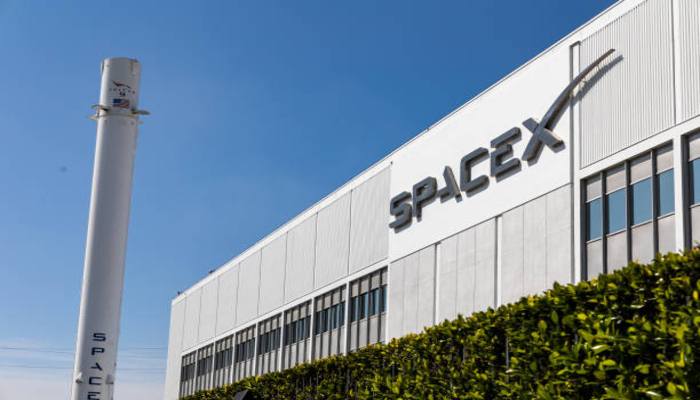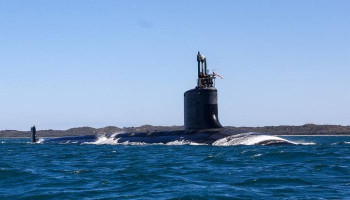
In what seems to be a pullback for Elon Musk's space ambitions, SpaceX's latest Starship rocket launch from Texas on Tuesday encountered serious malfunctions mid-flight, failing to meet major testing objectives.
The 400-foot (122-metre) Starship, recently lifted off from SpaceX's Starbase, is said to be the key to Musk's ambitious plans of sending humans to Mars.
The rocket crossed the failure point of two previous Starship test flight attempts earlier this year, which resulted in falling debris over Caribbean islands, Reuters reported.
The latest mission was the ninth Starship test since its first launch in April 2023. The rocket was launched atop a previously flown booster.
This time, however, SpaceX lost contact with the 232-foot lower-stage booster during descent, leading to an uncontrolled plunge into the sea instead of its scheduled splashdown.
It was observed that Starship reached suborbital space but began spinning uncontrolled about 30 minutes after the flight. The mishap occurred after SpaceX cancelled plans to deploy eight mock Starlink satellites due to a malfunction in the rocket's deployment mechanism.
Following the test flight, Musk was expected to provide an update on his space exploration plans, but did not do so. The SpaceX CEO later mentioned that the loss of control was caused by a fuel tank leak.
Despite facing setbacks, SpaceX seems committed to chasing its goal of developing a versatile rocket for future missions to the Moon and Mars.
















